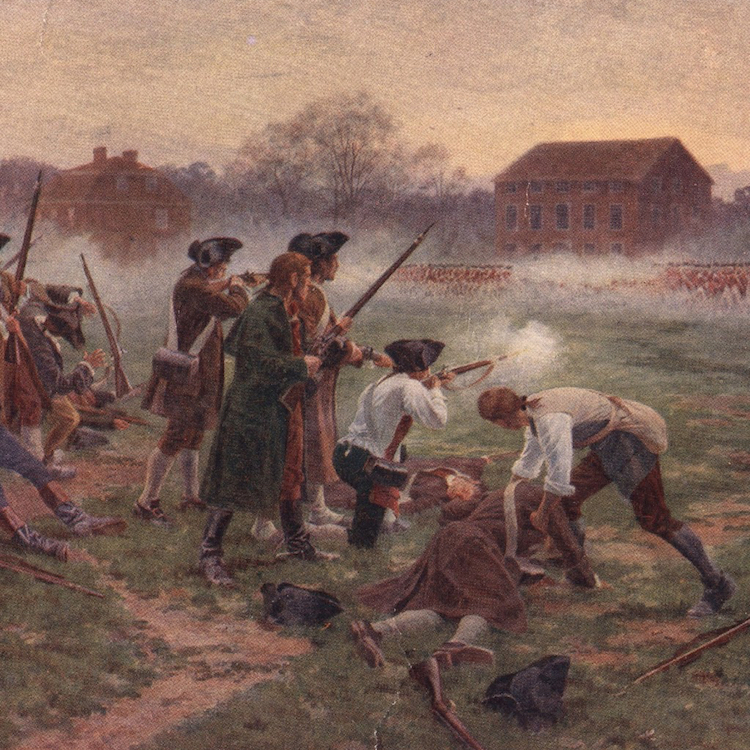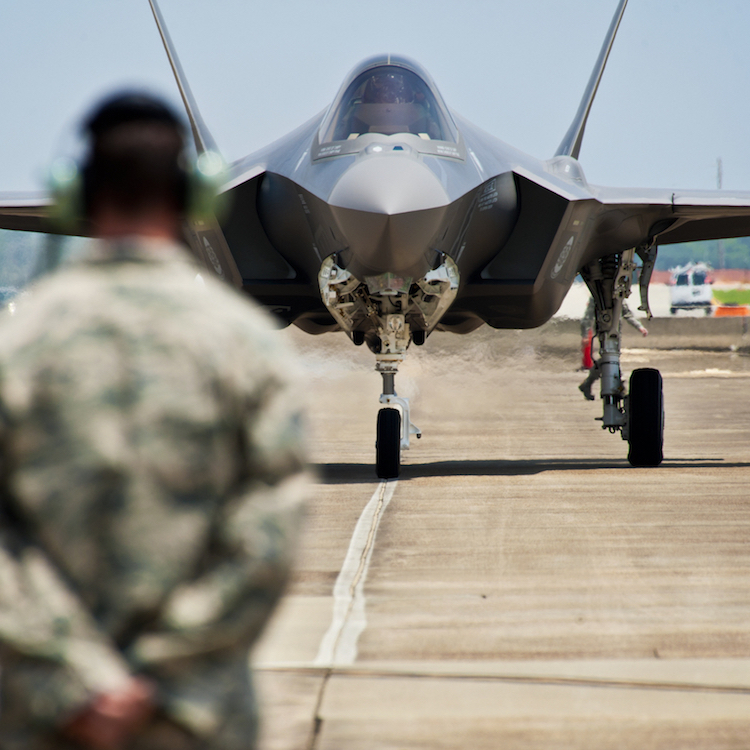Last spring, in Ann Arbor, Michigan, Reverend Edward Fride, Pastor of Christ the King parish, announced that the church would be holding classes for those interested in obtaining a CPL (Concealed Pistol License). After some parishioners questioned the wisdom of holding such classes, Fr. Fride sent a lengthy letter to all the parishioners, explaining why the increase in crime in the area necessitated self-defense measures. Entitled “We’re Not In Mayberry Anymore, Toto,” the letter points out recent situations that could have proved very dangerous for church members and for students and teachers in the school across the street. One sentence in particular summarizes Father’s Fride’s concerns:
How to balance faith, reality, prudence and trust is one of those critical questions that we struggle with all our lives. Pretending we are in Mayberry, while we are clearly not, can have very negative consequences for ourselves and those we love, especially those we have a responsibility to protect.
In brief, CPL classes consist of four or five hours of classroom instruction and several hours at a shooting range under the guidance of a weapons instructor. Once the instruction is completed, an application for a license is sent to the local county where state and federal background checks are implemented. If there are no red flags, the individual receives his license to carry.
Getting back to Christ the King, the CPL course was only the classroom part of the instruction. No shooting range was set up in the parish hall. No loaded guns were handled, so no one was going to be accidentally shot. Participation was strictly voluntary, and taking the shooting part of the course at a local range and filling out the application was totally up to the participant. This is as American as apple pie, right?
Apparently not. Michael Diebold, a spokesman for the Archdiocese of Lansing, which has jurisdiction over Christ the King church, revealed that Lansing Bishop Earl Boyea “has never given permission to anyone to carry a concealed weapon in a church or school in the Diocese of Lansing. Additionally, Bishop Boyea further stated that Concealed Pistol License classes are inappropriate activities to be held on church property.” Diebold went on to declare that churches are “gun-free zones.” The bishop wrote the following in 2012:
At the core of our mission is service to the most vulnerable persons in society. Many have already been wounded in body or mind by the American epidemic of violence. Fragile people come to us for help every day, and it is essential that our sites be refuges–places of peace in every sense. We are followers of Jesus Christ, who raised not a hand against those who mocked, tortured, and finally murdered him. While we grasp both the Second Amendment and the legitimate right of some persons to defend themselves, our churches and our schools are dedicated to a far different approach to life’s problems.
To his credit, Fr. Fride, being a loyal son of the Church, said he would abide by the bishop’s position and would no longer hold CPL classes on church property.
But the archdiocese is conflating two opposite issues. Okay, no one is allowed to carry concealed weapons on church property. I disagree, but so be it. But what does that have to do with a CPL class where there are no guns on site? Would it be appropriate to have a karate instructor teach a class for parish women on how to protect themselves in an attempted rape? Would a home-security expert be permitted to hold a class to teach parishioners how to secure their homes from possible break-ins? Would a police officer be allowed to teach elementary students at the church school about “stranger danger”? All such classes would deal with self-defense measures to one extent or another.
And yet the CPL class is not permitted. If the church held a Concealed Potato License class or a Concealed Pizza License class, no one would care. But because the word pistol is part of the title, then the class is “inappropriate.”
Underlying Bishop Boyea’s position is the notion that somehow an inanimate object, in this case a gun, has strange powers. Like the “one ring to rule them all” in The Lord of the Rings, once a good, moral person is trained to use a gun properly and chooses to carry that gun, he will be unable to stop himself from using it in an immoral manner. But if the gun is the real problem, then why should society trust a police officer to carry one? Is he somehow immune to the evil power of the gun? Do members of the armed services have a similar immunity?
The official statement of Bishop Boyea referenced above concludes with this sentence: “As always we rely on the public or professional security forces to provide for public safety on Church property.” Does the bishop not realize that those same security forces will, if necessary, use those evil guns to protect the people, assuming they do not arrive too late to stop the carnage?
Father Fride tells his parishioners that it’s a dangerous world out there, and they should be prepared to protect themselves and the ones they love.
The Archdiocese of Lansing tells them that the real threat they face is a class that simply discusses the possible use of a gun for self-defense. That’s bad enough, but It also sends a message to the community that schools and churches are “gun-free zones,” which, to the demented among us, means they are “kill-free zones.”
The wolves are on the prowl, but the shepherds keep saying, “Wolves? We don’t see any wolves.”





